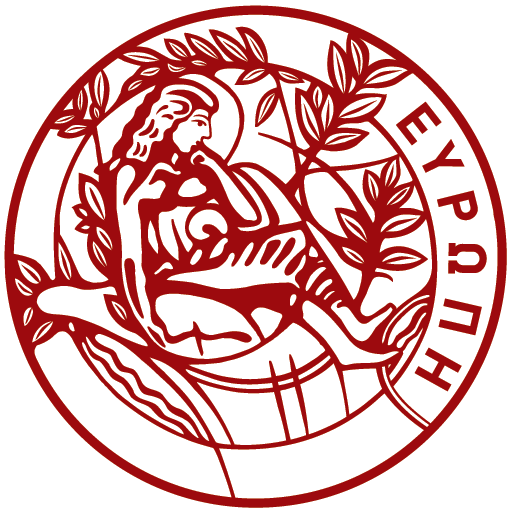Open Amphitheatre (Peer Observation protocols/Observations of teaching)
August 29, 2023 2023-08-29 20:44Open Amphitheatre (Peer Observation protocols/Observations of teaching)
Objectives and framework for peer-feedback in Higher Education
The aim of this action is to primarily engage faculty members and university teaching staff in a culture of observing their colleagues’ teaching practices, sharing teaching suggestions and experiences, and personal development.
The peer-feedback framework in higher education is a very common practice before publishing articles (peer-review) in order to modify points in research that need improvement. The University of Crete using invites departments and faculty members to share their courses (in person or video recorded) with a few peers and kindly ask them to provide feedback.
Feedback can only be given after protocols describing the criteria and conditions are completed and reviewed by observers and faculty members.
How will it work initially?
Each semester, the chair of each department will nominate two university colleagues who agree to participate in this activity. The participating members will be given observation protocols to be completed by the participating faculty members as observers.
Why will the faculty members and the observers be from the same department?
Not necessarily. This is to avoid discussions about discipline-specific content. Instead, participants are encouraged to focus on teaching practices.
How do you ensure that the observers are qualified to assess the teacher?
There is no assessment of any kind involved. Observers are given monitoring protocols which they must complete and report on how the activity has helped them to reflect on, reflect on, change or improve their teaching practices. This action is not for the teacher(s) but for those involved in the observation.
Is this action linked to promotion or development of those who participate?
We hope this action will be embraced by all UOC teaching staff at least once a year. The observers will not assess or grade the lecturers/instructors. This is a common quality assurance practice carried out in many universities abroad and is in no way related to external evaluation, judgement and promotion of lecturers.Will personal data and reports be collected for processing by PK? Personal data will not be collected.
https://voca.ro/1hBeeAqb7E6s
Will personal data and reports be collected?
Personal data will not be collected. Anonimity of participants is a high priority for the Centre of Teaching and Learning.
However, at the end of the observation cycle, those who participated in the process are asked to hand in a report and a completed protocol and at the end of the semester they can participate in the corresponding TOTT session entitled “Open Auditorium” to talk about the impact of this activity on their teaching practices and suggest ways to improve this activity.
What is the report’s expected structure and content?
The monitoring protocols will be sent to Dr. Katsampoxaki Kallia (katsampoxaki@uoc.gr) (Coordinator of CTL-TOTT) and will include qualitative descriptions on
a) what you gained from this activity as observers
b) how it contributed to improving your teaching practices
c) what changes you plan to make in your course.
Please note that you do not need to tell us which course you attended or the name of the instructor.
Why should I participate?
Research has shown that peer observation is mainly beneficial for the observer because the latter can learn through critical observation and reflection (Tenenberg, 2016).
By participating, let us become agents of support for innovation at the University of Crete and contribute to the formation of a healthy culture of dialogue to improve teaching and learning.
Below is an audio file from the facilitator with instructions to avoid possible mistakes during the process.



